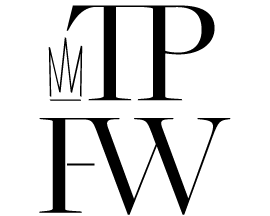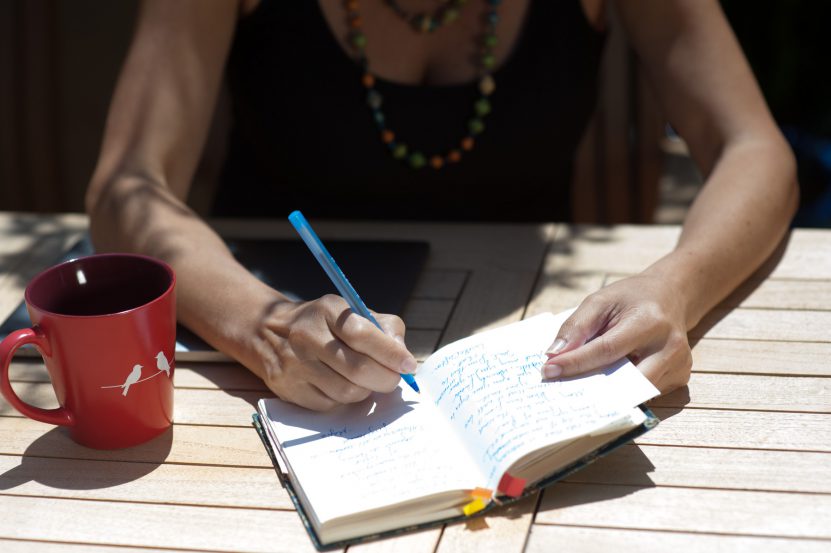Abby FalikGlobal Citizen YearBerkeley, CAPhotos & Story by Lauri LevenfeldMakeup & Hair by Irmina Martinez Loeffler
|
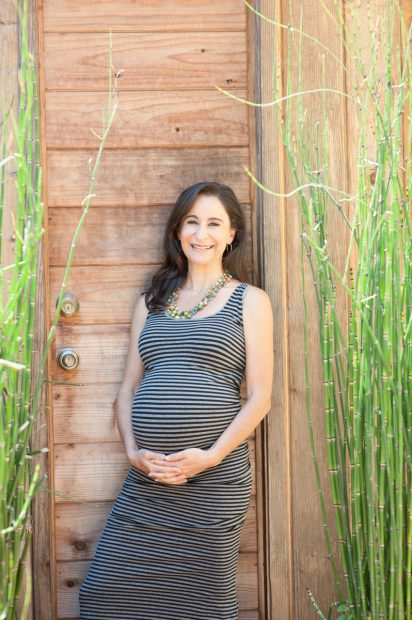 |
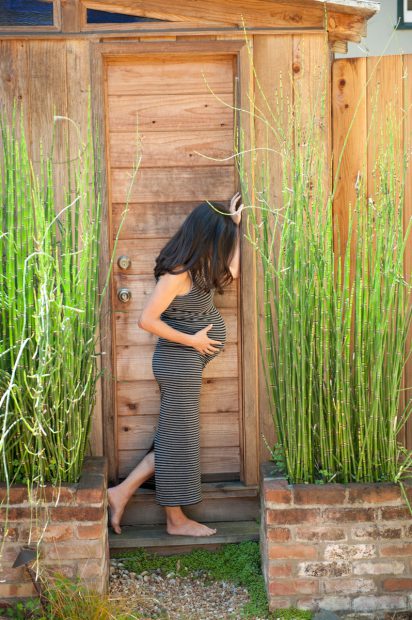 |
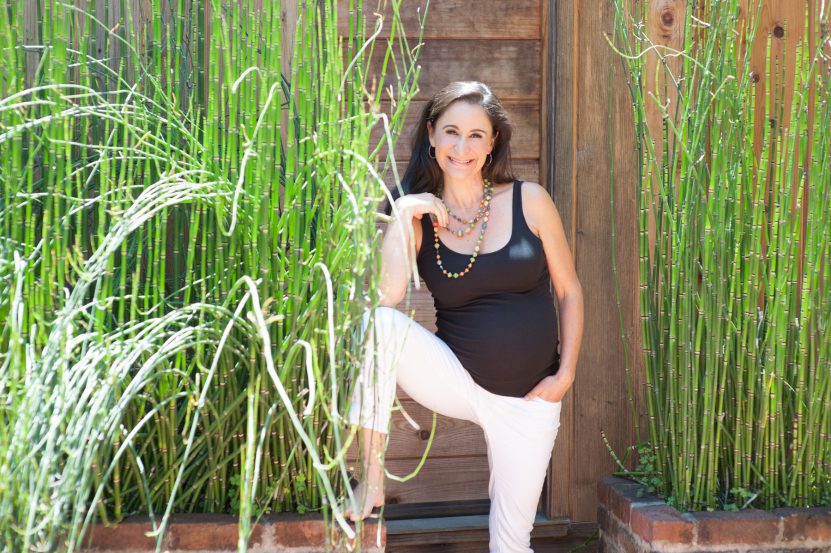 |
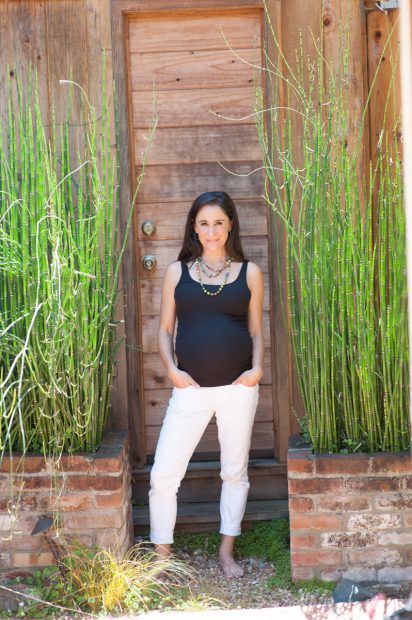 |
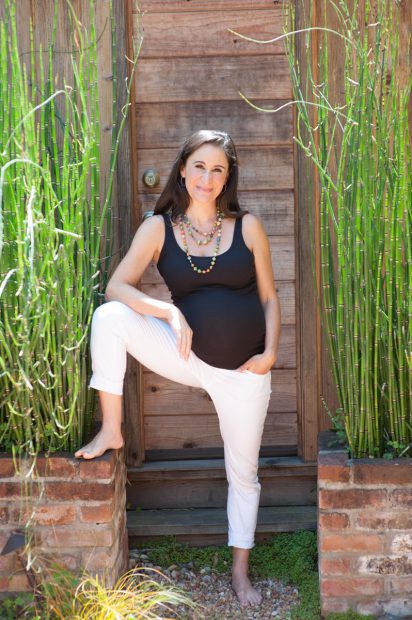 |
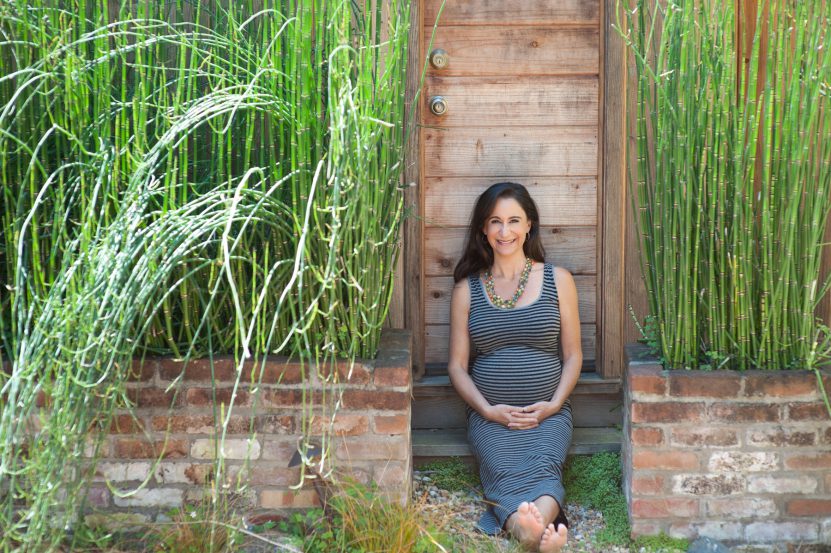 |
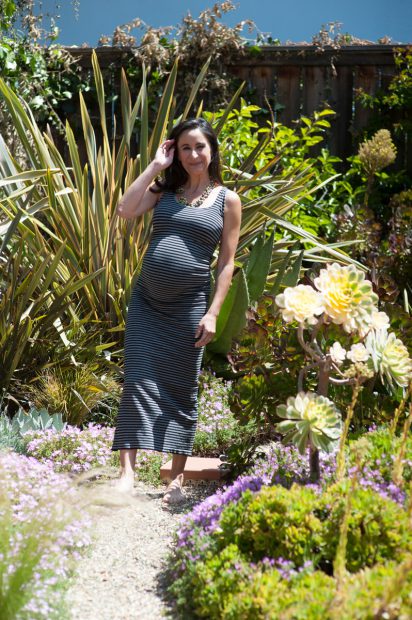 |
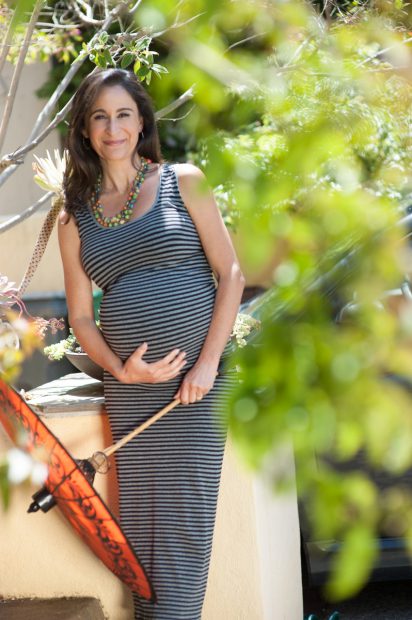 |
|
1. What were you like as a child? Who are you today? I grew up in Berkeley, CA, and am the oldest of three kids. My parents taught us to be resourceful and resilient, and that grit makes polish. We were expected to work hard, play hard and entertain ourselves. “Bored” was a dirty word in our house. My dad, a serial entrepreneur, taught me that if you create a job you love, it never has to feel like “work”. From as early as I can remember, my instinct was to scan for opportunities and to connect dots to make something from nothing. When I was 10, I started selling my dad’s old neckties door to door to make money. When I was 12, I hired my friends and started a summer camp for local kids.
2. Describe your life’s work. One of my mentors says that we each have a “social justice nerve”, and once it’s exposed, we can never ignore it. I learned at a young age that I had won the birth lottery. My parents helped us understand the privilege and responsibility that accompanied that winning ticket. During childhood, our parents took us with them to Asia, Africa and Latin America, where we often found ourselves time with kids our age in remote communities. These early travels exposed me to mind boggling inequity and injustice, and sparked a visceral understanding that talent is evenly distributed, but opportunity is not. This realization has fueled my life’s work. Today, I’m obsessed with creating opportunities for many more – and more diverse – young people to discover their passion and purpose, and to put their winning tickets to their highest possible use. As the founder/leader of Global Citizen Year – a vision I’ve been carrying for nearly two decades — I’m on a mission to build a pipeline of new global leaders. We’re forging a new educational pathway by making it normal for kids our country’s most diverse, young people to choose a global bridge year after high school: an experience that builds self-awareness, global skills and grit – the foundations for making a real impact over the course of their lifetime.
3. How did life steer you towards an unconventional path for learning and how has this journey transcended to your organization Global Citizen Year? I’ve always felt like life – not school – has provided my curriculum. My most formative learning always took place outside the classroom and |
from a young age I took Mark Twain’s encouragement to heart: “Don’t let school get in the way of your education.” When I finished high school I called the Peace Corps. I was hungry to take a breath between high school and college – to learn more about myself and the world before continuing along the treadmill like the “excellent sheep” our schools train us to be. The Peace Corps turned me down (you need a college degree) so I ended up going straight to Stanford. After two years of learning in the classroom I was antsy to test the theory in practice – to get my hands dirty, to have real experiences that would stretch and stimulate me. I moved to Brazil with a backpack, a book of Portuguese verbs and a piece of paper with the name of a local contact. Months later – through serendipity, grit, trial and error — I had found an apartment, a job and a community of friends in a context that couldn’t have felt further from home. When I came back to campus to finish college, I had confidence, motivation and a sense of purpose, but only one year left to finish my degree. I remember thinking it was ironic that we typically send kids for a junior year abroad when these types of experiences could have such a greater impact before setting foot on a college campus. Ever since, I’ve been fixated on the opportunity to re-imagine the path to college: re-inventing the traditional “gap year” as a launching pad for our country’s highest potential young leaders.
4. Travel is essential to your inspiration. What else have you gained from your journeys? It’s hard to learn and grow when we’re too comfortable. Travel forces us out of our comfort zone and into our “stretch” zone. Travel allows us to see parts of ourselves that we don’t ordinarily see when we’re sleepwalking through our daily lives. When we can’t rely on our typical identity, story or language, we re-consider who we are. Travel has helped me see myself through new eyes, and our culture and country through a new lens. At the same time, not all travel has the same impact. The greatest impact comes when we move beyond simply being a tourist. When we immerse ourselves in another way of life – staying longer, going deeper, opening our minds and hearts to new people and realities – something shifts. We fall in love with people we would have never otherwise met, and we become outraged at the material poverty that prevents most people on the planet from realizing their potential. We develop insights and conviction that shape our work, and values that shape our aspirations and behaviors. We are changed in ways the world needs. |
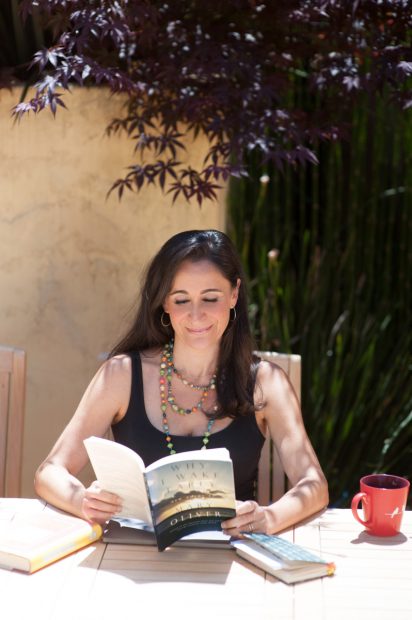 |
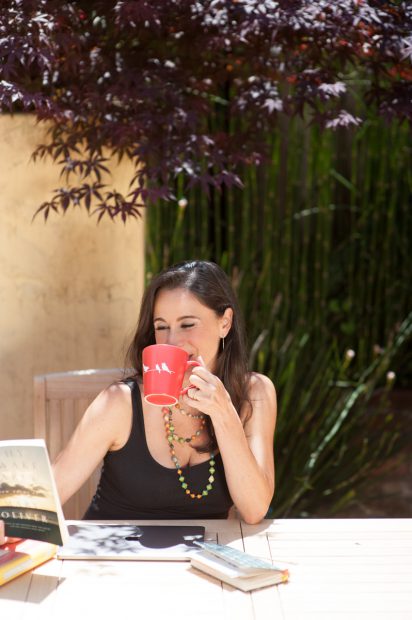 |
|
|
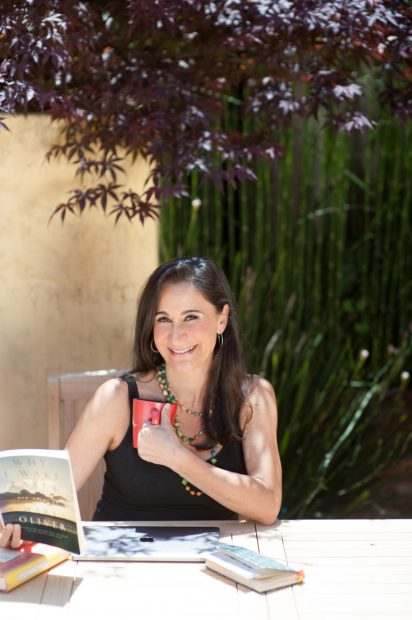 |
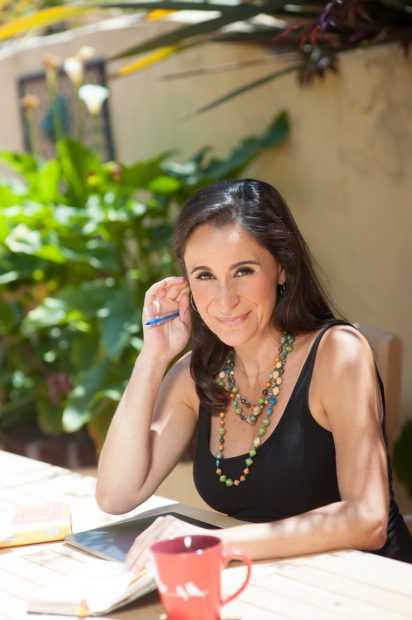 |
|
5. How do you define love? When Joel and I got married, someone gave us a card that said, “May today be the day you love each other the least.” At first this felt like a curmudgeonly curse for a wedding day, but I’ve come to see it as the most hopeful wish. Engraved in each of our rings is a reminder that connected us before we started dating: mejorando siempre (meaning: it can, and will, keep getting better). Now, five years into a rich and textured marriage I’ve learned so much about the truth in these words. Love is about riding the waves and knowing that if we sit long enough, the tide will always change. It’s about learning to be slow to anger and quick to forgive. It’s about radical acceptance, patience and an unwavering commitment to helping your other half become their best and brightest self. And while it’s not always pretty, from some vantage, it is always beautiful. Becoming a mom has stretched my experience of love to a whole new level. I now feel like my heart exists outside of my body – which is simultaneously terrifying and exhilarating.
6. How has mentorship prepared you for motherhood? And vice versa? I used to think that leadership and success were about becoming more like the people I looked up to. I spent so much energy trying to emulate my teachers and role models, often at the expense of becoming more authentically me. It’s been a relief to learn that letting go of who we think we’re supposed to be allows us to become who we really are. I always knew that I wanted to be a mom, but was afraid of how I could possibly find more hours in the day. What I’m finding is that having more pulls on my time has forced me to be even more focused and potent across all dimensions of my life. I now live by Sheryl Sandberg’s framework of “ruthless prioritization” and keep my eye on the “return on energy” quotient of everything I do. |
6b. How do you balance your obligations to both? One of my mentors and inspirations is Wendy Kopp, the founder of Teach for America (and now, Teach for All). Wendy has built two extraordinary institutions while raising four kids and always having time to reach back and help others up the ladder. The first time I met her, I remember asking how she managed to balance it all, and her insight has stayed with me ever since: she doesn’t focus on balancing work and life (an unattainable goal), but instead, on aligning the two. Valuing work-life alignment over work-life balance helps me focus on what’s most important in every part of my life– whether I’m playing with my toddler or pitching a donor, my job is to bring my best most present and powerful self. To do this has forced me to focus more time, not less, on taking care of myself. Sometimes I feel guilty about focusing on “self care”, but the wiser voice in me knows that by nourishing myself – whether sleeping enough, exercising, spending time in nature, meditating – I’m a better person for those around me, and so much more effective in each of my roles.
7. What was your biggest curveball? Recently, a distinguished professor posted his “failure resume” on Facebook. He listed his papers that weren’t published, the jobs he didn’t get – everything that would never show up on his actual resume. I was inspired by the vulnerability of the gesture and decided to do the same. The process was illuminating: it freed me to realize that our failures are as formative – and often more so – than our successes. Recounting the fellowships I didn’t get, the fundraising rejections, the pitches that fell flat, helped me see that not getting what I want has always opened the door to getting what I need. Another thing I am learning is the counter-intuitive lesson that we often have to “go slow to go fast”. Like every ambitious entrepreneur, the growth trajectory I envisioned for Global Citizen Year was exponentially steeper than what was strategic or feasible. While we’ve surpassed so many of my early expectations, we’ve decided on a more modest growth rate allowing us to “nail it” before we “scale it”. |
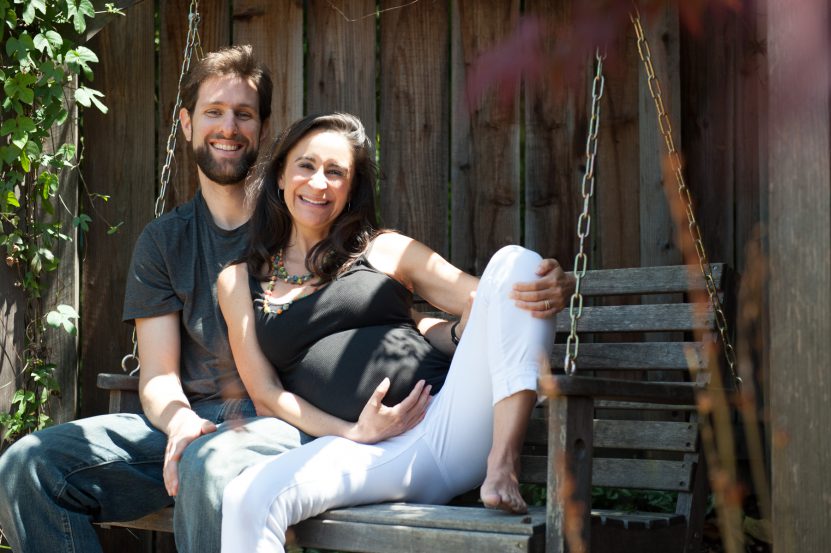 |
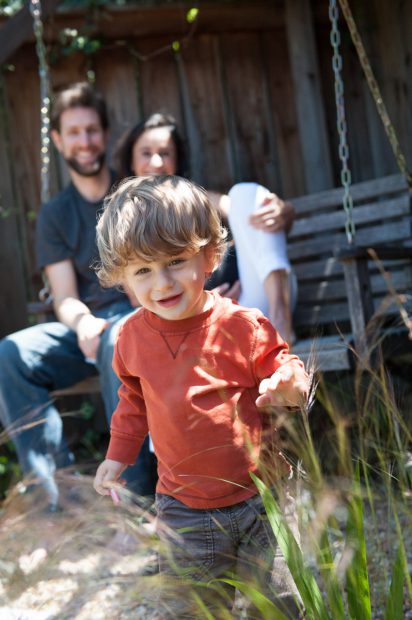 |
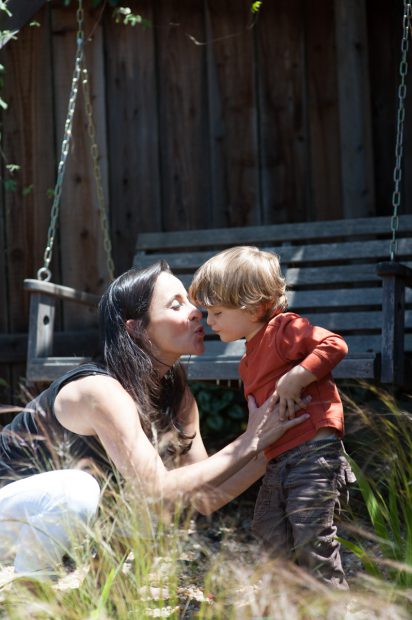 |
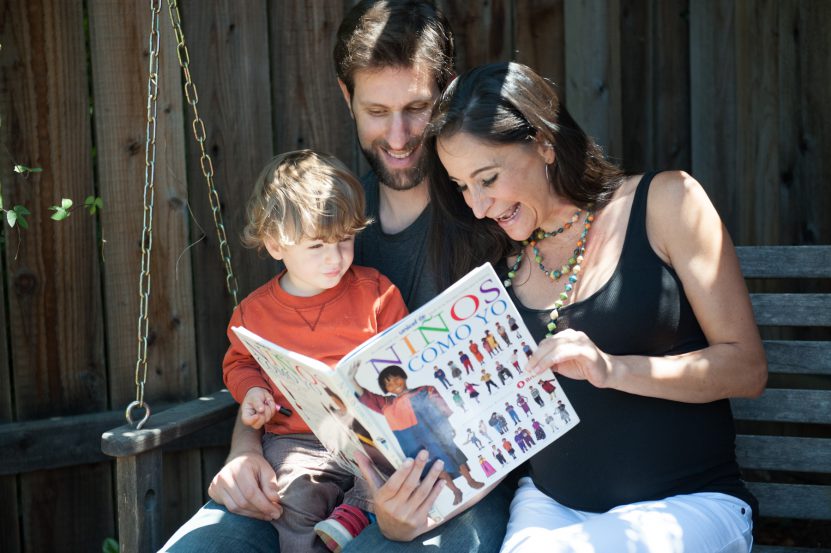 |
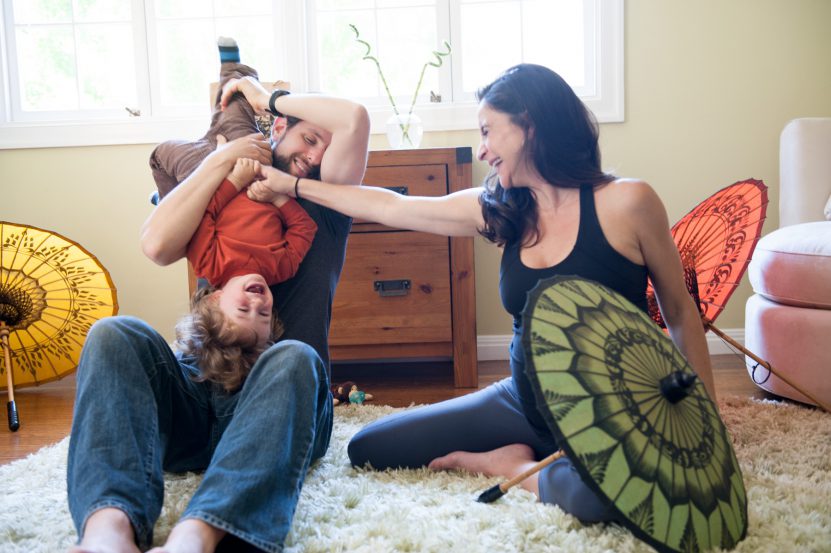 |
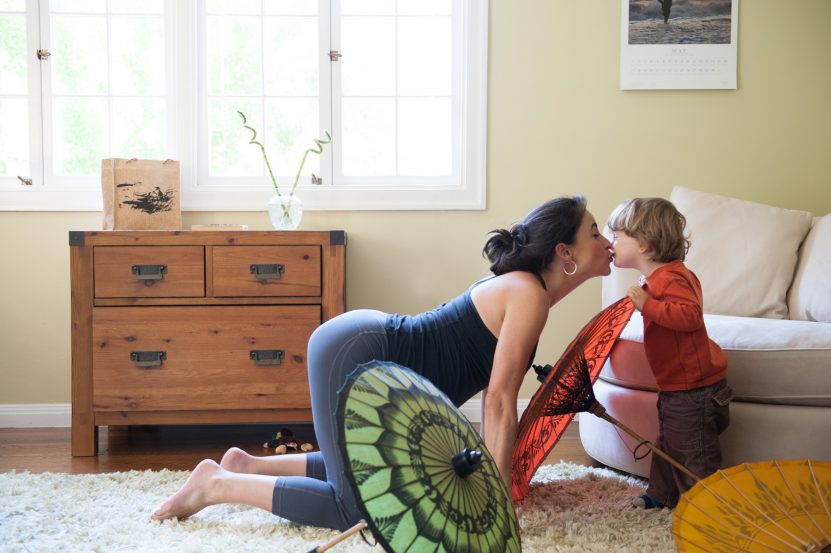 |
|
8. Would you describe yourself as a spiritual person? If so, what are your practices and how do your practices compliment your role as a creative & entrepreneur? I have always been drawn to things that help me understand and experience the world beyond the material and physical. I’m energized by people who have developed things in themselves – wisdom, compassion, clarity – that I am hungry to learn myself. I’m amazed by how easy it is to sleepwalk through our days, and the power of technology to sap our attention and dull our senses. I’m motivated by practices like yoga and meditation that help me feel more alive in my life. One of my teachers had a beautiful answer that resonates perfectly with why I’ve prioritized these practices, “I meditate because life’s too short and sitting slows it down.” It can be so easy to set our internal development aside, focusing first on what David Brooks describes as “resume virtues” before “eulogy virtues”. Our inner work never feels as urgent and it’s tempting to postpone it until some hypothetical future when it will be more convenient. And yet, I’ve found that what we do every day is more important than at we do every once in awhile. A few years ago I heard a teacher share his commitment to start each day with at least one minute of yoga and one minute of meditation. The idea was that you cannot talk yourself out of taking two minutes (it’s just two minutes!), and that as soon as you find yourself in a juicy down dog or sitting on your cushion, chances are you will want to spend more than just a minute. Ever since, I’ve made this my daily ritual – and while it’s not much, for me, it’s infinitely more than nothing. Beyond this, I am religious about taking Saturday’s unplugged, and spending a week a year at a silent retreat. These experiences help me remember that we bring our own weather to every situation, that our |
happiness is a choice (and takes a mighty and daily effort), and that there is freedom in noticing the space between stimulus and response. These insights have been humbling, and invaluable in shaping my leadership.
9. Your Favorite Quote and Why? Gandhi wrote: “The difference between what we do and what we are capable of doing would suffice to solve most of the world’s problems.” It’s unfathomable – and unconscionable – how many billions of our world’s inhabitants will never have the opportunity to fully express their talents and abilities. I’m inspired by the possibility of helping people bridge the gap between what we do and what we’re capable of doing…knowing that this is the key to building a more peaceful and sustainable world.
10. What can we expect next from Abby Falik and Global Citizen? Bill Drayton, the founder of Ashoka, has said that the role of the social entrepreneur is to envision the world not as it is, but as it will be. My vision for Global Citizen Year has been cooking for nearly two decades, and today it feels like I’ve been carrying an idea whose time has come. With Malia Obama’s recent decision to take a year off before going to Harvard suddenly the bridge year has taken center stage – not as a remedial “plan B”, but as an aspiration for our country’s highest potential young leaders. Professionally, I am excited to help drive the conversation that makes a global “bridge year” before college a new rite of passage in America, and every day I’m more convinced that this cultural shift is possible. Personally, I’m looking forward to embracing my new role as mama, and savoring the sweet messiness of my kids’ early years. |
